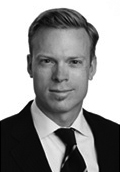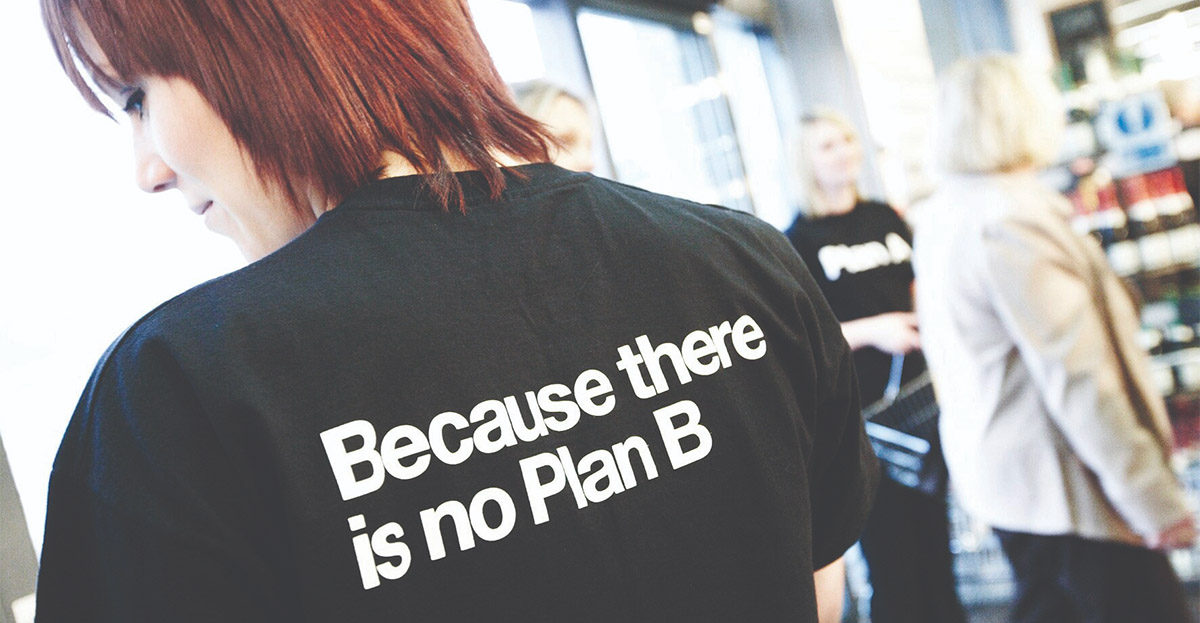What is Corporate Social Responsibility (CSR)?
According to the Financial Times: ‘Corporate social responsibility (CSR) is a business approach that contributes to sustainable development by delivering economic, social and environmental benefits for all stakeholders’.
Business used to just be expected to deliver shareholder value and make sustainable profits when the word ‘sustainable’ meant ‘ongoing’.
Now, in, to our age of hyper-transparency and scrutiny into all aspects of how a business is run, sustainability means looking at the entire impact a business has, and judging outcomes that are far beyond just making a return for shareholders and investors.
Its approach must now have transparency and integrity in operations, and rigor in developing an entirely sustainable approach to all the impacts it has, while answering increasingly investor led questions around Environmental, Social and Governance criteria.
Contact Tantalus to ascend faster and stay at the top with proven CSR strategies.
What is the responsibility of business?
CSR like any piece of business jargon is one that can quickly become meaningless through overuse (and abuse).
Let’s have a play with the words; Corporate Social Responsibility = [the] social responsibility [of a] corporate.
This now leads to a fundamental question; do corporates, or shall we just say businesses, even have a social responsibility, and what does this mean anyway?
Milton Friedman, scion of the Chicago Business School, and beacon for libertarians everywhere would have said, ‘no’. He put it very straightforwardly; the only responsibility of business is to make a profit and a return to its shareholders.
People, or if you like ‘society’ (the ‘social’ bit), were not satisfied with this though, and started to ask questions. They wanted to know; what your business was (‘does it do good things?’), and how you went about doing your business (‘does it have a positive or negative impact on the people and planet around it?’).
People started to organise into groups focused around an issue or set of issues (like Greenpeace or Friends of the Earth) and they started to ask questions – often really difficult ones. When they didn’t get the answers they liked, they started running campaigns, often with the intention to challenge the reputation of your business and its brand(s).
The initial reaction of business tended to be defensive, sometimes hostile, to what was seen as unwelcome scrutiny from people who didn’t understand business. They may have tried to just ignore them or were caught in ‘analysis paralysis’; but the clamor and noise increased, and business started to respond defensively through single initiatives or increased corporate philanthropy.
Measuring CSR and ESG
Those businesses which became more sophisticated in their response developed a more strategic approach and linked their ‘CSR’ back to what the business of their actual business was and the issues around it, like Marks & Spencer’s ground breaking ‘Plan A’ or Cadbury’s development of its Cocoa Partnership (now ‘Cocoa Life’ in Mondelez).
More formal measurement came about through the creation of indices and benchmarks often tied to the stock market brands that those businesses traded on – like the Dow Jones Sustainability Index (DJSI) and FTSE For Good, that started to look at the actual outcomes being achieved, not just actions.
At the same time, investor sentiment moved on from the Milton Friedman creed, and started to look a business in the round. It was no longer just a case of a nebulous ‘society’ and NGOs being awkward, but now the people who held the actual ownership and cash for future investments.
A penny started to drop, and some business leaders, like Paul Polman, said it was no longer good enough to just focus on a business fiduciary duty, and the need to embrace being held to account with an even more profound question; what was the very ‘sustainability’ of the business itself.
Some business leaders instantly set about transforming the way they do business. But for other leaders, sustainability is still a catch all, rather nebulous term that might just mean doing some ‘good’ for a bit of PR.
It all starts with simple questions, followed by a rigorous process. The question; what is my business and how do I go about it?
I believe there is a much simpler way to understand it by asking this question; how sustainable is your actual business model? How do you continue to deliver profitable goods and services, using resources (people and environmental) while showing a thorough understanding of impact and outcome.
Our corporate language now talks about ESG; Environmental, Social and Governance criteria, which often involves a more focused but rigorous approach, and increasingly mirrors the language of the investor groups that now asking these questions.
What started off as ‘questions about how you do your business’ from interested groups has now evolved into comprehensive, investor led analysis of the sustainability of your actual business model.
Taking action on your CSR and ESG strategies
At The Tantalus Group, we have deep experience devising strategic approaches coupled with practical experience of putting that approach into action in high profile sectors like energy, aviation and consumer goods.
There is no one-size or off the shelf approach, but we have the experience and dynamic thinking to create the right solution for your business and the sector you operate in. Let’s have a conversation about your CSR strategies.
It all starts with simple questions, followed by a rigorous process. The question; what is my business and how do I go about it? The process; unpacking this question to see if from all the angles of scrutiny that you will get and co-creating an approach and answer which has integrity and works for you and your business.
About CSR/ESG expert Wylie Rogers

Wylie Rogers has 20 years of experience in North America, Europe and Asia, having worked in politics, the media, business and management consulting.
Wylie was previously the head of public affairs for BASF in Asia Pacific, a US$ 10 billion business, overseeing 15 countries in the region while based in Hong Kong. He also headed ABB Group’s corporate communications team in Beijing, China, a US$ 2 billion business, and had roles ranging from spokesman to speechwriter and head of copy for the ABB Group in Zurich, Switzerland, a US$ 30 billion business. Before moving abroad, Wylie worked as a reporter and speechwriter in Canada.
Wylie attended INSEAD in France and Singapore for executive development and has a BA in English Literature with Honours. He did his post-graduate studies in journalism and has volunteered with the International Journalism Federation in Phnom Penh, Cambodia. As President of The Tantalus Group Wylie manages the global network of Tantalus management consultants.
Put the talented team of Tantalus management and communications consultants to work for you.
Our unique networked structure provides our clients access to the latest strategies from around the world and the ability to leverage experience in wide-ranging industries and markets. Contact us for an introductory conversation.
Get Tantalus Alerts
Receive high-value actionable insights for management and communications professionals. We only send what matters most.
